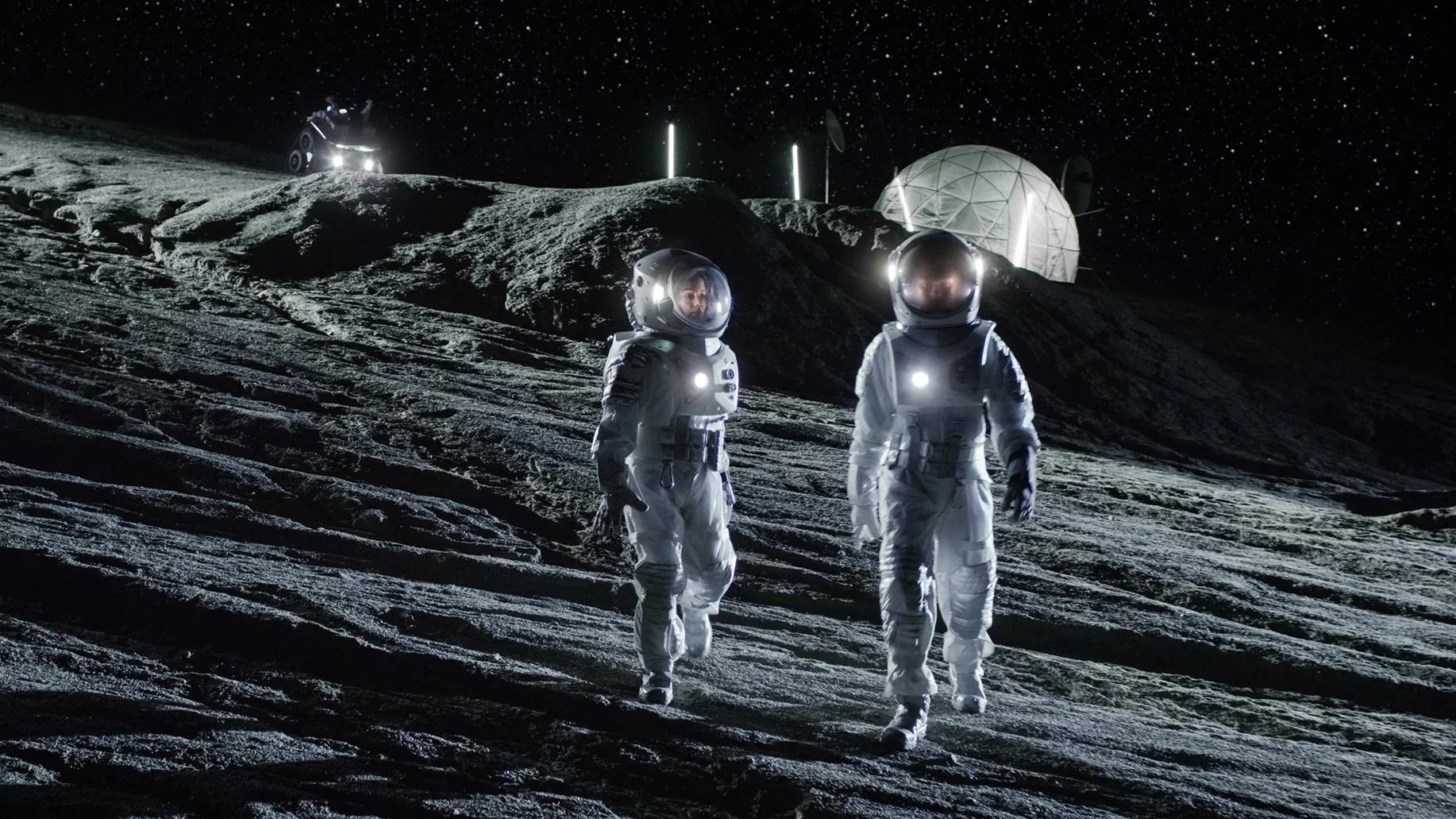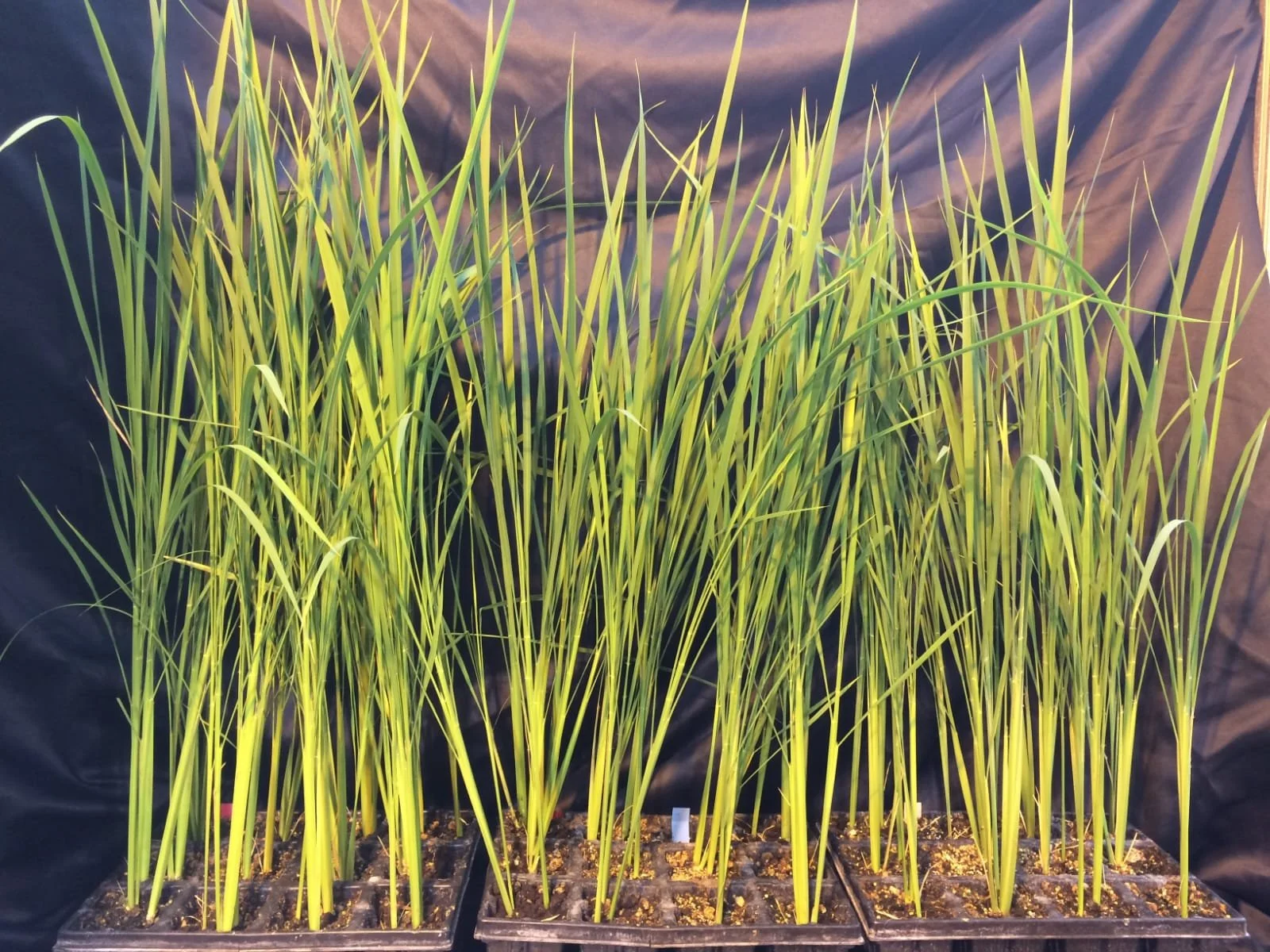As we get older, we tend to slow down a bit when it comes to memory retrieval. Whereas when a young person tries to recoup memory, their brain seems to swiftly filter through all that is stored to find the applicable information.
Scientists have set out to find the answer as to why this discrepancy between older and younger people exists.
New: follow us on Bluesky
Image Credit: wayhome studio via Shutterstock / HDR tune by Universal-Sci
A team of researchers from Harvard, Colombia University, and the University of Toronto decided to review a selection of neuroimaging and behavioral studies.
The team found that it is more challenging for older people (commonly between 60 and 85 years old) to filter immaterial information due to a richer abundance of memories. While this abundance of past information might make memory recall difficult, the researchers point out that it can also assist with decision-making and boost creativity.
The research shows that when older individuals are given a cognitive task, they depend on prior knowledge more than younger adults. When it comes to accessing memories, the brains of older people dedicate more room to previously acquired information. Therefore, they have more material to sort through while attempting to access a specific memory. As a result, relevant information is frequently retrieved alongside inapplicable bits for information and memories.
According to the review, evidence indicates that older people show maintained, and occasionally even enhanced, creativity as a result of an enhanced 'database' of memories. In addition, the researchers think that accumulated wisdom resulting from prior knowledge may well strengthen their decision-making ability.
The team published their findings in the science journal Trends in Cognitive Sciences. If you are interested, be sure to check it out for a more detailed overview. We have listed it below.
Sources and further reading:
FEATURED ARTICLES:











